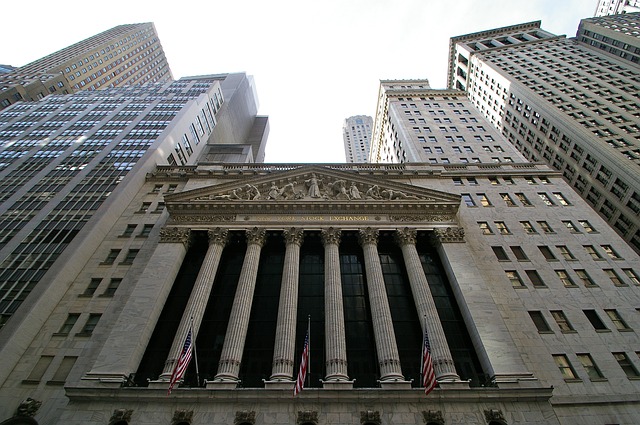- Tom Lee admitted Fundstrat underestimated the severity of Trump’s new global tariffs, which caused a sharp 13% market drop in two days, though he sees a technical rally potentially lifting markets to 5,500 amid a “Trump put” stabilization effort.
- He highlighted a broken trust in capitalism due to unpredictable tariff levels, stranding trillions in corporate capital, with recovery hinging on restored confidence, possibly through measures like exporter tax credits.
- Lee suggested negotiable trade deals with seven key countries could strengthen the U.S., but unresolved tensions with China might lead to supply chain shifts, complicating the market outlook.

Tom Lee, co-founder and managing partner of Fundstrat and Fundstrat Capital CIO, recently appeared on CNBC to discuss the market implications of President Trump’s newly imposed global tariffs. Lee admitted that the severity of these tariffs caught him off guard, prompting an apology to investors in a note where he acknowledged that the terms of what he called “tariff liberation day” were far worse than anticipated. The stock market experienced a significant downturn, losing nearly 13 percentage points in just two trading days, a reaction Lee likened to a heart attack for both the market and the economy.
Despite the initial shock, Lee pointed to signs of a potential recovery, noting a technical rally that could push the market toward 5,500. He credited Mark Newton, Fundstrat’s head of technical strategy, for this outlook, though he cautioned that fundamental clarity remains elusive, preventing a return to new highs in the near term. Lee suggested that markets may have overreacted to the downside and highlighted a shift in messaging from the Trump administration, which now appears to emphasize negotiation. This shift, he argued, signals a quiet return of the “Trump put,” a stabilizing force to prevent further market distress.
The discussion also touched on why Lee underestimated the tariff levels. He explained that the scale of the tariffs disrupted a fundamental trust in capitalism, as businesses require stable and predictable regulations to operate effectively. Many companies had already adjusted supply chains in 2018 to move away from China, only to face potential trillions in stranded capital due to the new tariffs. This seismic shock, Lee noted, has left investors reeling, with some drawing parallels to the market uncertainty of 2011. He suggested that rebuilding trust will take time, though a V-shaped bounce remains a possibility if clarity emerges.
Lee also addressed a market surge triggered by a false rumor of a 90-day tariff pause, which he saw as evidence of the market’s eagerness for relief. He speculated that this could have been a trial balloon, demonstrating how conciliatory measures – like an exporter tax credit – could spark a massive rally by restoring business confidence. The ripple effects of the tariffs, he emphasized, harm not only shareholders but also employees reliant on affected companies, underscoring the urgency of a resolution.
When pressed on the administration’s endgame, particularly regarding tensions with China, Lee outlined a scenario where trade deficits with seven key countries – representing 70% of the total – could be addressed amicably, excluding China. He listed the EU, Japan, Korea, Vietnam, Canada, and Mexico as likely candidates for negotiation, potentially strengthening the U.S. position. However, he acknowledged that a resolution with China might remain elusive, possibly leading to efforts to isolate China or reconfigure supply chains further. Even in this case, Lee maintained that the Trump put could hold, provided negotiations with other nations progress, though a worsening trade war with China could complicate his market outlook.
WallStreetPit does not provide investment advice. All rights reserved.
- Bulenox: Get 45% to 91% OFF ... Use Discount Code: UNO
- Risk Our Money Not Yours | Get 50% to 90% OFF ... Use Discount Code: MMBVBKSM
Disclaimer: This page contains affiliate links. If you choose to make a purchase after clicking a link, we may receive a commission at no additional cost to you. Thank you for your support!





Leave a Reply